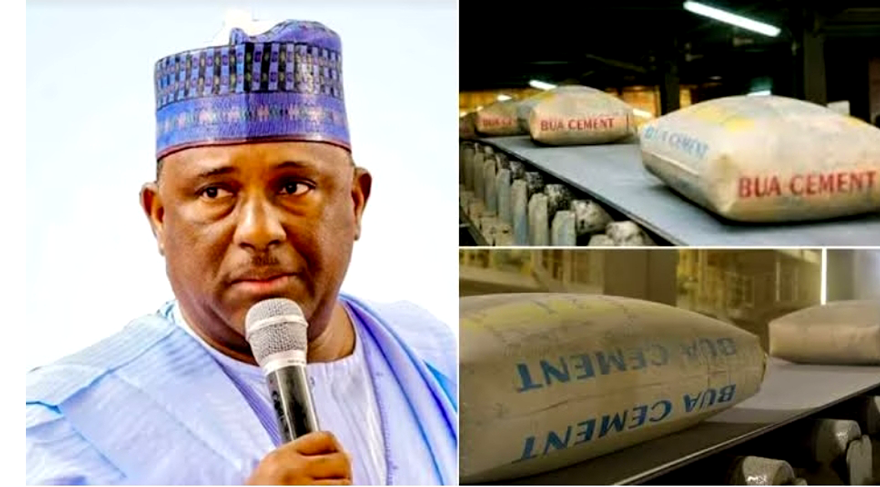- The presence of BUA in Akwa Ibom is decribed as “modern-day slavery and robbery” waiting to happen
- Abdulsamad Rabiu is the founder of BUA Group, a Nigerian conglomerate active in cement production, mining, sugar refining and real estate
- Ibibio natives are kicking against allocation of pristine ancestral forest reserves to private companies
- BUA ia accused of non consultation with native landowners
- The unavailable proof of purported government ownership in BUA company worsens suspicions
The Ekid Peoples Union, representing Eket and Esit Eket communities in Akwa Ibom State, has demanded that BUA Petrochemical Refinery Limited engage local stakeholders before commencing operations. Dr. Samuel Udonsak, President-General of EPU, emphasized the importance of dialogue between the company and landowners to address pertinent issues.
While acknowledging the government’s awareness of the company’s presence, Udonsak highlighted the necessity for proper discussions and agreements with the community.
Speaking at a press conference in Eket, Udonsak criticized the manner in which the land was acquired, describing it as “wrong and oppressive.” He stressed the need for compensation and adherence to legal procedures for land acquisition. Additionally, the Secretary-General of EPU, Barr Dan Abia, emphasized the importance of preserving flora and fauna and ensuring that the community’s interests are prioritized in any agreements made with the company.
Abia expressed concerns over illegal acquisitions within forest reserves, asserting that the Ekid union will resist such actions. He criticized the government’s allocation of forest reserves to private companies for permanent structures, citing violations of established laws. Furthermore, he denounced the lack of consultation with landowners and the absence of proof of government ownership in BUA company, characterizing the situation as “modern-day slavery and robbery.”
In response to these grievances, the Ekid Peoples Union has taken legal action and remains committed to protecting the interests of the community. They demand transparency, adherence to legal protocols, and meaningful engagement with stakeholders to ensure equitable outcomes for all parties involved.
IMAGE: Octopusnews



